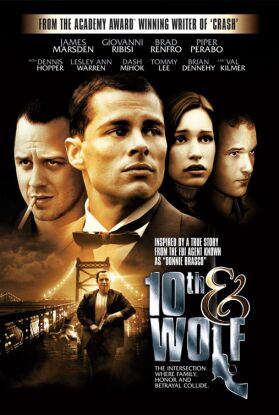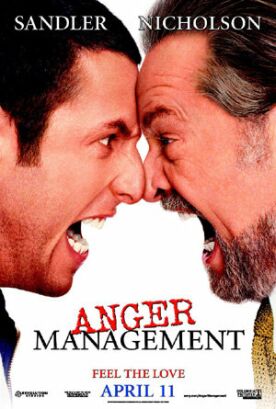Prince of Egypt, The
The introductory disclaimer to the Dreamworks animated blockbuster, The
Prince of Egypt (directed by Brenda Chapman, Steve Hickner and Simon Wells)
notifies us that the film has taken some “historical license” but that it has
been “true to the essence, values and integrity” of the Exodus story. In literal
terms this is true, but in cinematic terms it is unfortunately not. Here if
anywhere we see how the medium is indeed the message. True, the film represents
a welcome departure from the Disney formula insofar as it approaches its subject
with respect and does not give Moses any cute, wisecracking animal sidekicks.
Fox’s Anastasia last year found that it couldn’t do without them. Even
here, however, amidst Biblical “essence, values and integrity” the makers could
not forbear to supply a couple of Egyptian priests of Ra, Hotep and Huy, played
by Steve Martin and Martin Short, for a little comic relief. It is one example
of how, even when you change the tone, the conventions of the genre can betray
you.
So they do to with the recognizable special effects we associate with
Hollywood in general or Hollywood animation in particular. Simply by drawing the
pictures and making them move in the way pioneered by Disney tends to trivialize
the story told. We notice, for instance, the prehensile movie lightning with
which Hollywood customarily signifies supernatural manifestations in the burning
bush and in the emanation which kills the first-born of Egypt and we cannot help
thinking of the other, less “essence” and “values” laden movies in which we have
seen it. The parting of the Red Sea recalls Cecil B. DeMille — and Indiana
Jones. But even if the film had managed to make these things newer, it would
still contribute to its own trivialization. When Yahweh announces himself out of
the burning bush to Moses, “I am that I am,” one may understand exactly why it
is that pronouncing the name of God was once considered to be a capital offense.
Merely to say “I am” is to imply a justification of one’s existence,
which is the thing God alone doesn’t need to do.
Perhaps it is unfair to blame this movie for the fact that everything in it
reminds us of the movies before it reminds us of the Bible. Perhaps it could not
be otherwise. The opening chariot race recalls Ben-Hur which recalls
Charlton Heston which recalls the earlier screen Moses. And how could the
animators resist the temptation to make an in-joke by showing us how the Sphinx
broke its nose broken in the same chariot race. The old Hollywood convention by
which imperialists and oppressors speak with British accents — Ramses speaks
with the voice of Ralph Fiennes, his father, Seti, is Patrick Stewart and his
mother the Queen Helen Mirren — while feisty minorities battling for their
freedom talk Yewnited States. Moses, though raised from infancy as the brother
of Ramses, uses American short vowels in the voice of Val Kilmer. Likewise,
Miriam is Sandra Bullock, Aaron Jeff Goldblum and Zipporah Michelle Pfeiffer.
Even using the voices of these stars keeps the movieness of the movie always in
the forefront of consciousness.
More seriously, for all its reverence for the Biblical story, the film cannot
resist the worst of the Disney disease, which is to assume that the past was
just like the present — Moses and Ramses, for instance, are just two
joy-riding rich kids who get in trouble with papa. Moses then psychobabbles to
papa: “All he [Ramses] cares about is your approval.” Later, when he tells the new-made pharaoh that
he must “let my people go” he says. “Ramses, please. You must listen.” Ramses,
not unnaturally wonders why, and Moses answers him: “Because no kingdom should
be made on the backs of slaves.” But all kingdoms were made on the backs
of slaves, up until a century or so ago. Moses here advertises himself as an
anachronism, a late 20th century American mysteriously transplanted to ancient
Egypt. Likewise, the climactic song reduces the mystery of faith to the banality
of “positive thinking” —
Who knows what miracles you can achieve,
When you believe
Somehow you will.
Now you will,
You will when you believe.
This movie really does want to present us with the Biblical story reverently
told. But, like so many modern translations of the Bible, it uses a debased and
corrupt language — the cinematic language of contemporary
Hollywood — which will not allow it to do so.
Discover more from James Bowman
Subscribe to get the latest posts to your email.






